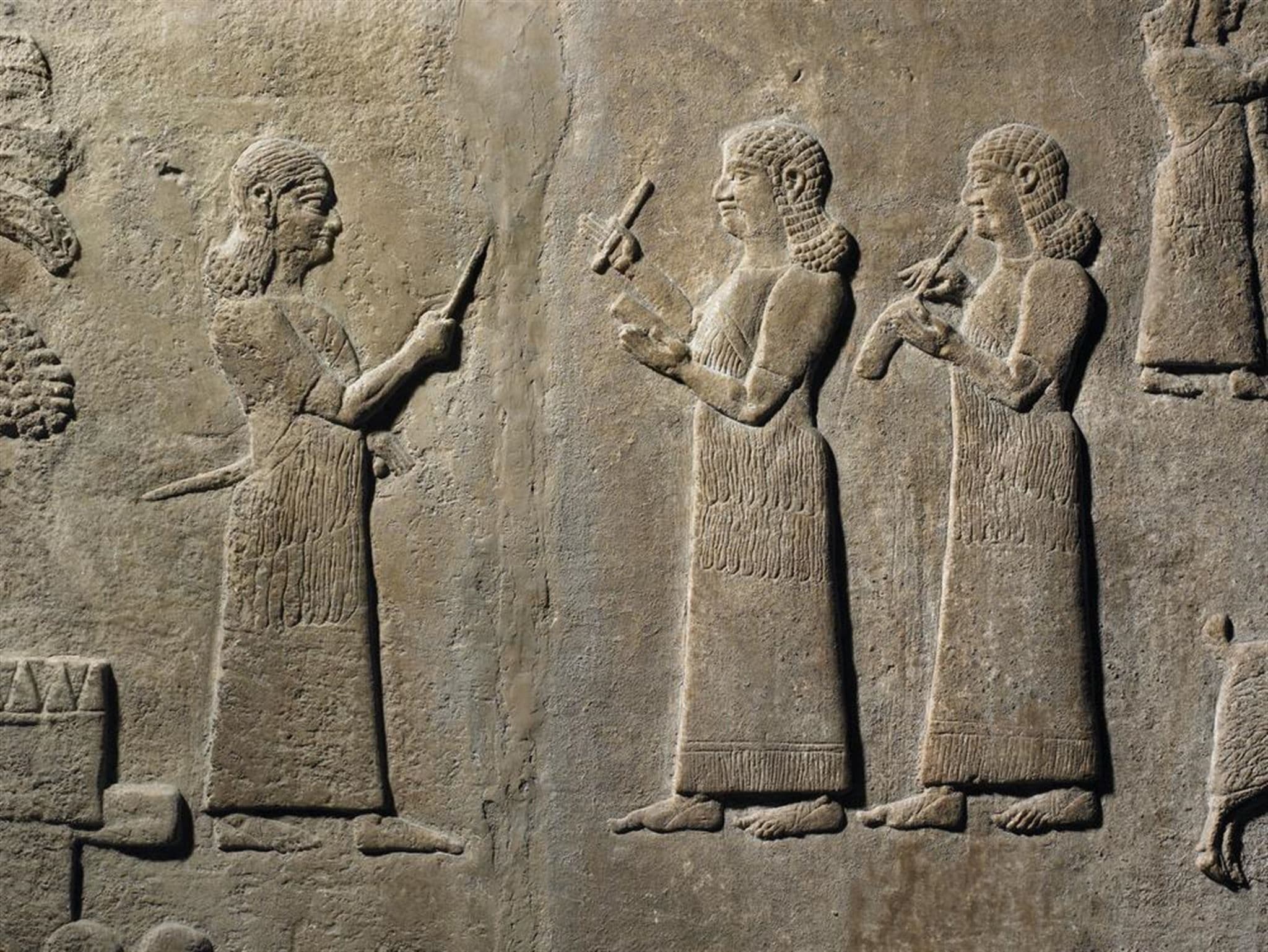Evidence #382 | November 29, 2022
Book of Mormon Evidence: “Make a Record”
Post contributed by
Scripture Central

Abstract
Nephite authors sometimes used the phrase “make a record” (meaning to compose or write a record). A similar idiom was used by ancient Near Eastern scribes.Writers of the Book of Mormon sometimes stated their intention to “make a record” of things they had seen or done.1 For instance, in his introductory colophon Nephi declared, “I make a record in the language of my father” (1 Nephi 1:2).2 While in some passages this could be interpreted as making the plates upon which a record was written, the statements generally seem to involve the act of writing itself. This is especially clear in Mormon’s comments in 3 Nephi 5:11, which make a distinction between the making of a record (in the sense of writing down its contents) and the making of plates: “I do make the record on plates which I have made with mine own hands.”
Use of the phrase “make a record” to mean something like “write a record” may correspond to an idiom used by ancient Near Eastern scribes.3 Ecclesiastes 12:12 states that “of making many books there is no end.” In his book Biblical Interpretation in Ancient Israel, Michael Fishbane compares this passage with scribal language in Assyrian and Babylonian colophons,4 noting the following:
Recognition of the place of ancient Israelite scribal practices within the broader background of standard ancient Near Eastern activities has specific bearing on matters of vocabulary as well. For example, among the various terms found in the foregoing cuneiform formulae which have undergone a semantic transformation in their scribal uses, the verb uppušu is of particular interest. This Akkadian verb, which has been alternatively rendered as ‘to compose’ or ‘to copy’ a tablet (based on contextual usage and supposition), is formed from the stem epēšu ‘to do’ or ‘to make’. It thus bears close comparison with the Hebrew verb עשׂה used in the biblical expression (Eccles. 12:12) and suggests that this latter is a technical phrase and should be rendered ‘to compose’ or ‘to compile books’, not to ‘do’ or ‘make’ them. The two verbs, uppušu and עשׂה, are thus interlinguistic variants and conjointly reflect a specialized international scribal vocabulary.5
A similar verb expressing the idea of “to do, make” in the context of producing a record was sometimes used by Aramaic-speaking Jews in Egypt in the fifth century BC, showing that the scribal idiom was fairly widespread.6 Thus, Nephi’s repeated use of this phrase in the 6th century BC may very well reflect what Fishbane described as a “specialized international scribal vocabulary.”7
Noel B. Reynolds, “Lehi and Nephi as Trained Manassite Scribes,” Interpreter: A Journal of Latter-day Saint Faith and Scholarship 50 (2022): 161–215.
Brant A. Gardner, “Nephi as Scribe,” Mormon Studies Review 23, no. 1 (2011): 45–55.
- 1. See, for example, 1 Nephi 1:1–2; 19:4, 3 Nephi 5:4-18, Mormon 1:1, Mormon 2:17, Ether 13:14.
- 2. For a discussion of colophons in the Book of Mormon, see Evidence Central, “Book of Mormon Evidence: Colophons (Complexity),” Evidence# 0244, September 27, 2021, online at evidencecentral.org.
- 3. For more on Nephi’s scribal training, see Brant A. Gardner, “Nephi as Scribe,” Mormon Studies Review 23, no. 1 (2011): 46. See also, Anita Wells, “Bare Record: The Nephite Archivist, The Record of Records, and the Book of Mormon Provenance,” Interpreter: A Journal of Mormon Scripture 24 (2017): 102–106.
- 4. For more information about colophons, see Evidence Central, “Book of Mormon Evidence: Colophons (Antiquity),” Evidence# 0245, September 27, 2021, online at evidencecentral.org.
- 5. Michael A. Fishbane, Biblical Interpretation in Ancient Israel (Oxford, UK: Oxford University Press, 1985), 31.
- 6. Fishbane, Biblical Interpretation, 31.
- 7. Mormon’s use of similar language was almost certainly modeled on Nephi’s account (compare 1 Nephi 1:1–3; 3 Nephi 5:9, 11, 16–18, 20; Mormon 1:1, 2, 5).